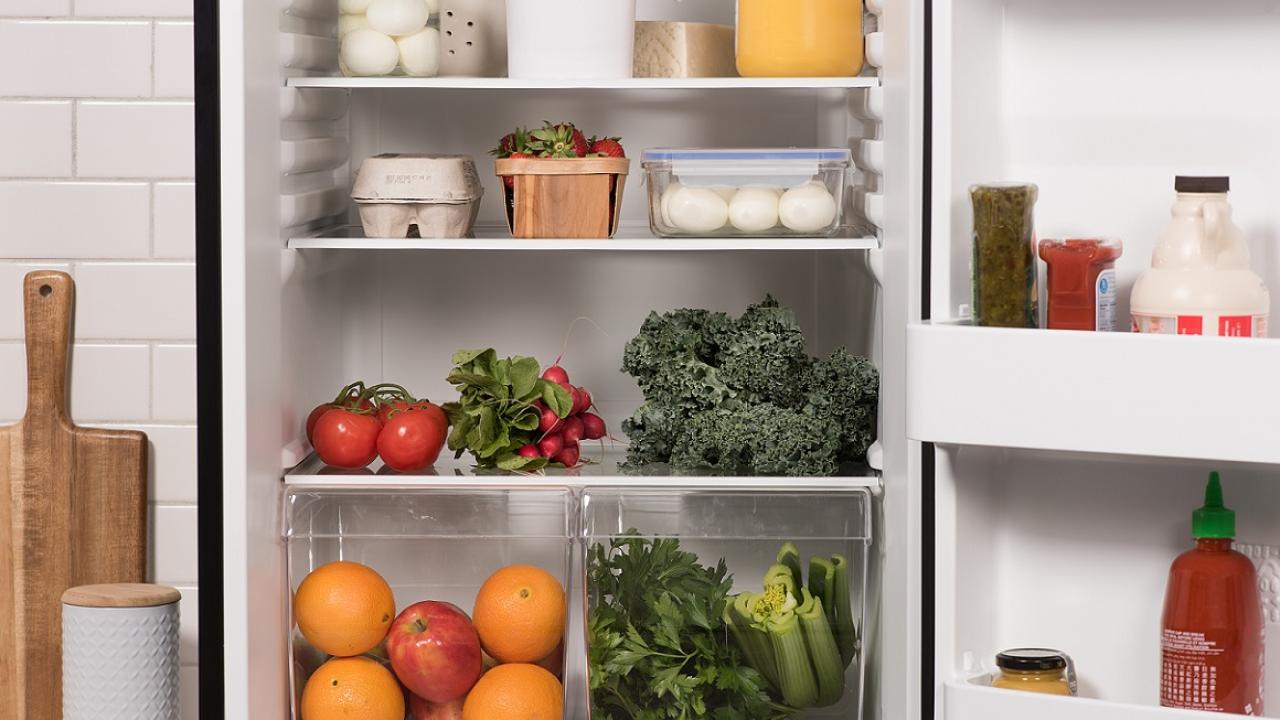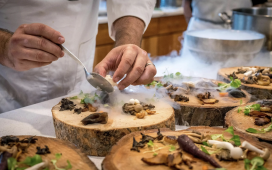Table Of Contents
Proper food storage and preservation is one of the kitchen skills that you can learn to save you time and money. As much as we may like the idea of saving food, though, it may not always work out how we planned. Stored food may lose its flavor and become unappealing after spending too much time in the fridge.
With a few kitchen gadgets and a little know-how of where everything should go, you can learn to store food while keeping it flavorful. Here are a few tips to help you out:
Freezing While Fresh
To keep fresh foods nutrient-rich in the long-term, freezer storage is one of your best options. Although freezing can sometimes alter the texture of food, it does a really good job of preserving flavor beyond a food’s natural freshness period. Freezing is a good option for most vegetables, fruit, meat, as well as prepared food such as soups, casseroles, and sauces. If you’re considering freezer storage, you might want to consult a cold room installation company for expert advice and proper equipment.
To keep your food at its most flavorful, don’t throw it directly from the oven into the freezer. Instead, get it cold in the fridge for a few hours first, then put it in the freezer. This gradual cooling will help minimize damage to the texture. It will also reduce the number of ice crystals that would otherwise form on hot foods in the freezer.
Another important aspect of saving flavor is to proactively store items that you know you won’t use in time. Freezing produce while it’s still fresh will better preserve its flavor and nutrient value than waiting for a while.
While fruits and vegetables can be frozen plain or in sauce, cooked meat retains its flavor best if you freeze it in a sauce or soup. The sauce will help it keep its moisture and flavor once defrosted.

Defrost Gradually
The best way to defrost food and help it to preserve flavor is to pull it from the freezer into the fridge the night before you need it.
The food will then defrost in the fridge. This helps to prevent bacteria growth while also making it more difficult to shock the food with heat. Forcing food to defrost over a short period of time could muddle the flavor and create a rubbery texture.
Getting Rid of Freezer Odors
Freezer odor can give your food a strange smell and flavor. It can be particularly strong when changing the flavor of bread products. If odors are changing the flavor of your stored foods, first take everything out of the freezer or fridge. Then, clean the freezer and fridge with a mild disinfectant. Make sure to wash bins and crevices, such as crisper drawers, ice trays, and other loose components.
If the odor is coming from freezer burn, then check items that have evidence of the freezer burn. Check for a build-up of small ice crystals over the food and packaging. It’s likely that these foods will have lost much of their flavor. To clear out the freezer burn, wash the freezer. If you have space to store the perishables elsewhere, it might be worthwhile to defrost the freezer and clean it before bringing it back down to a normal temperature.
Vacuum Sealing
Using a vacuum sealer can really extend the efficiency of your freezer. The thick wrapping and airtight seal protects the food from freezer burns. It also eliminates the space and conditions necessary for bacteria to breed.
Vacuum sealed food also saves a lot of space. While rigid containers can waste space in the freezer, vacuum sealing conforms to the shape of the food, meaning more room for everything else.
Freeze Herbs in Water or Oil
Many people forget that fresh herbs can also be frozen to preserve flavor. The best method is to freeze them in some kind of liquid, either water or a liquid oil, such as olive oil, which will preserve their flavor.
The easiest way to do this is to keep an ice-cube tray for just this purpose. Then, when you have excess herbs, chop up the remainders and place about a tablespoon amount into one of the spaces in the tray. Fill the remaining space with either water or oil.
Oils are ideal for herbs that you will use for frying and sauteing. Water ice cubes are a good preservative for herbs that you want to use in broths or sauces.
Dehydrate Foods
Dehydrating food helps it to last outside of the fridge or freezer. The dehydration process removes the moisture from the food, making it much more difficult for the food to grow bacteria and rot.
While there are some very useful and efficient dehydrators on the market, many foods can be preserved by dehydration in a normal oven. This is a great idea for making your own trail snacks, beef jerky, and granola. You can also dehydrate herbs to make your own dry herbs, herb mixes, and herbal teas.
Once you get the and of when to freeze and when to preserve, your stored foods will be just as delicious as any of your other meals.






